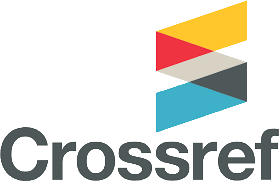Evaluation of Trivrutadi Ksheerapaka Nitya Virechana in Medoroga (Overweight)
Abstract
Background-Medoroga (overweight) has become a burning problem caused by unconventional dietary habits and regimen. In Ayurveda, it is said that the etiological factors increase Kapha, and Kapha increases fat (Medovriddhi). Thereby it reflects as hyperlipidemia in blood. The body lipids function unction (binding the tissue) but, when vitiated, deposited as adipose (durmedas). According to the World Health Organization (WHO), obesity is one of the most common, yet among the most neglected, public health problems in developed and developing countries. The medovahastrotodushti, i.e. obliteration or occlusion with depositions, leads to Sthula (Obesity) or Atishthoola (morbid obesity). If the medoroga is prevented, there may not be any risk generative factorial development or disease establishment. The present study combination is helpful even in constipated people. Aim – study the effect of Trivruttadi Ksheerpaka Virechana in Medoroga (overweight). Objective - To study the effect of Trivruttadi Ksheerpaka Virechana on lipid profile, Weight and BMI. Methods and Materials: This study was carried out in the department of Panchakarma MGACHRC Salod (H). The study was single-arm pre-post design, and intervention was given Ksheerpaka for Nitya Virechana for the subject 15 days in the morning time. Analysis was done on pre and post parameters. Result: Trivrutadi ksheerpaka Nitya Virechana has lipolytic action, significant impact showed on subjective and objective parameters. Conclusion: The Trivruttadi Ksheerpaka showed a positive effect on reducing lipid profile in the Medoroga.


